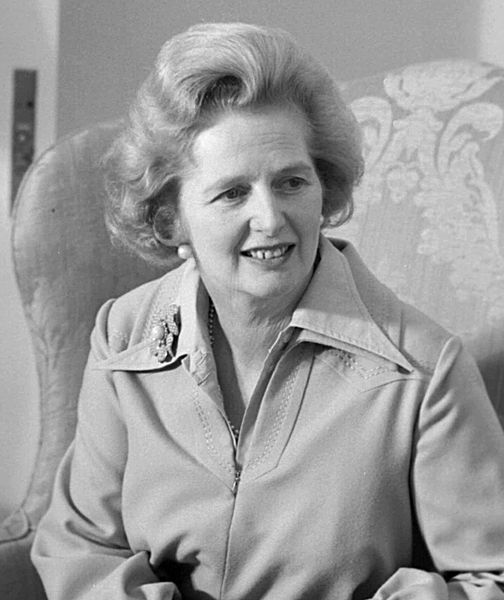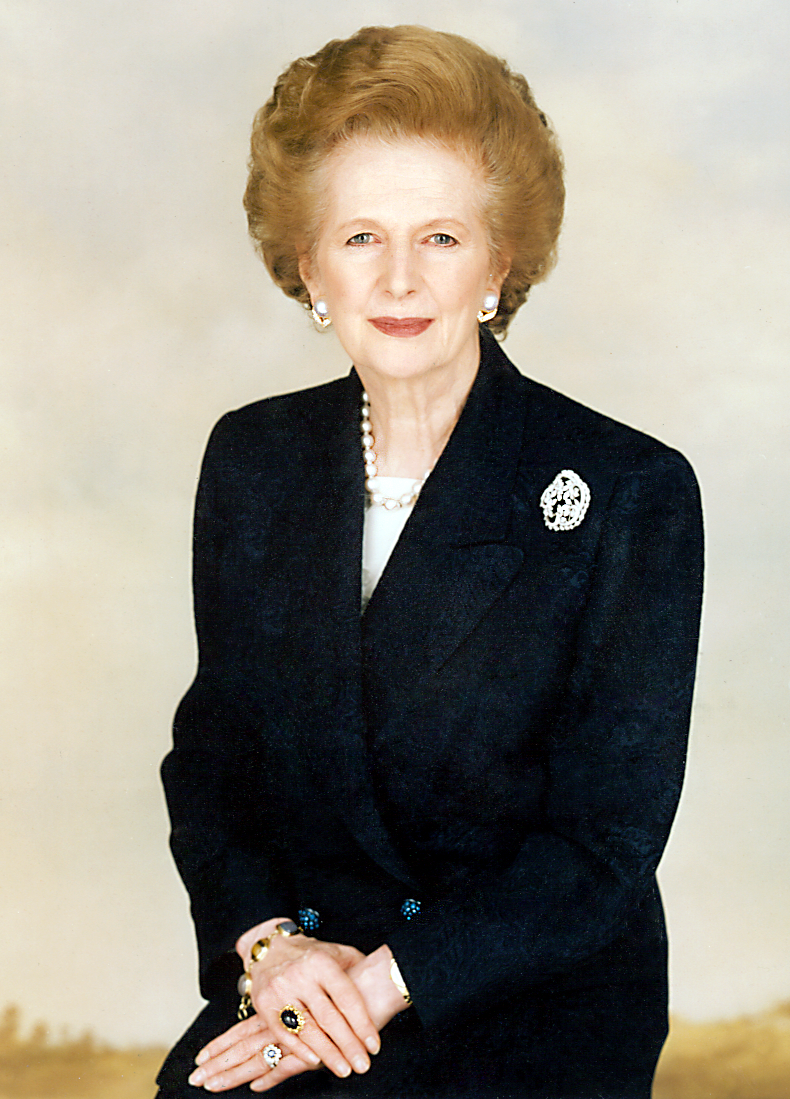Margaret Thatcher, a familiar name to all across the globe, instantly brings to mind images of an uncompromising politician and rigid leader. The first woman to serve as Prime Minister of Britain, Thatcher was also the longest-serving 20th century Prime Minister. Throughout her leadership, she garnered equal amount of passionate support and deeply entrenched loathing. Yet, one could not doubt her strength and willpower to repeatedly display her mettle as she bailed Britain out of the World War 2.
People who loathed her put forth claim that they were unable to appreciate her achievements in an era where the idea of feminism was still struggling to thrive. Even feminists of that era viewed Thatcher as showing injustice to her fellow womenfolk, failed to be a sister as she showed a lack of empathy for the underdogs, and had no belief that any other woman could serve as Prime Minister during her lifetime. In short, many believed that Thatcher’s political moves were monetarily driven and she completely lacked a heart to show that she genuinely cared for her people.
Despite the unpopular status that she garnered during her reign, one cannot take away the hard work she put in for the betterment of the country. One major achievement was the policy of privatization, a key move taken during Thatcher’s time. Back in the 70s, TV listings were regarded as state secret, only the Radio Times had license to publish news and one had to deal with a very unfriendly electricity board. Privatization of industries such as water, gas and electricity showed improved performance. For the common man, privatization was of great benefit as this meant lower costs and enhanced efficiency.
Despite being known for her nerves of steel, quite oddly, she also played a part in the resurgence of film, books and movies. This was seen as quite an odd diversion from her usual stiff-necked conservative politics. Musicians and literary depictions all infused her ideologies into their work. For instance, in 1979, opposition to Thatcher’s free market idea was infused into an album called ‘Entertainment.’ Likewise, she was depicted in Salman Rushdie’s ‘Satanic Verses’ as being Mrs Torture.
As seen from the eyes of today’s man, Britain that Thatcher dealt with seems like a foreign country. The country has come a long way, more competitive and increasingly lured by money. However, the legacy left behind by Margaret Thatcher will not be erased. An iron lady who never feared to say what she felt, she was highly instrumental in changing the ethos and landscape of Britain.
Margaret Thatcher was seen as someone who felt the country was too involved in the economy and individual lives. Instead, she preferred to look at the country as a whole and worked towards that during her term. This national obsession is probably what drew both laud and loath.





